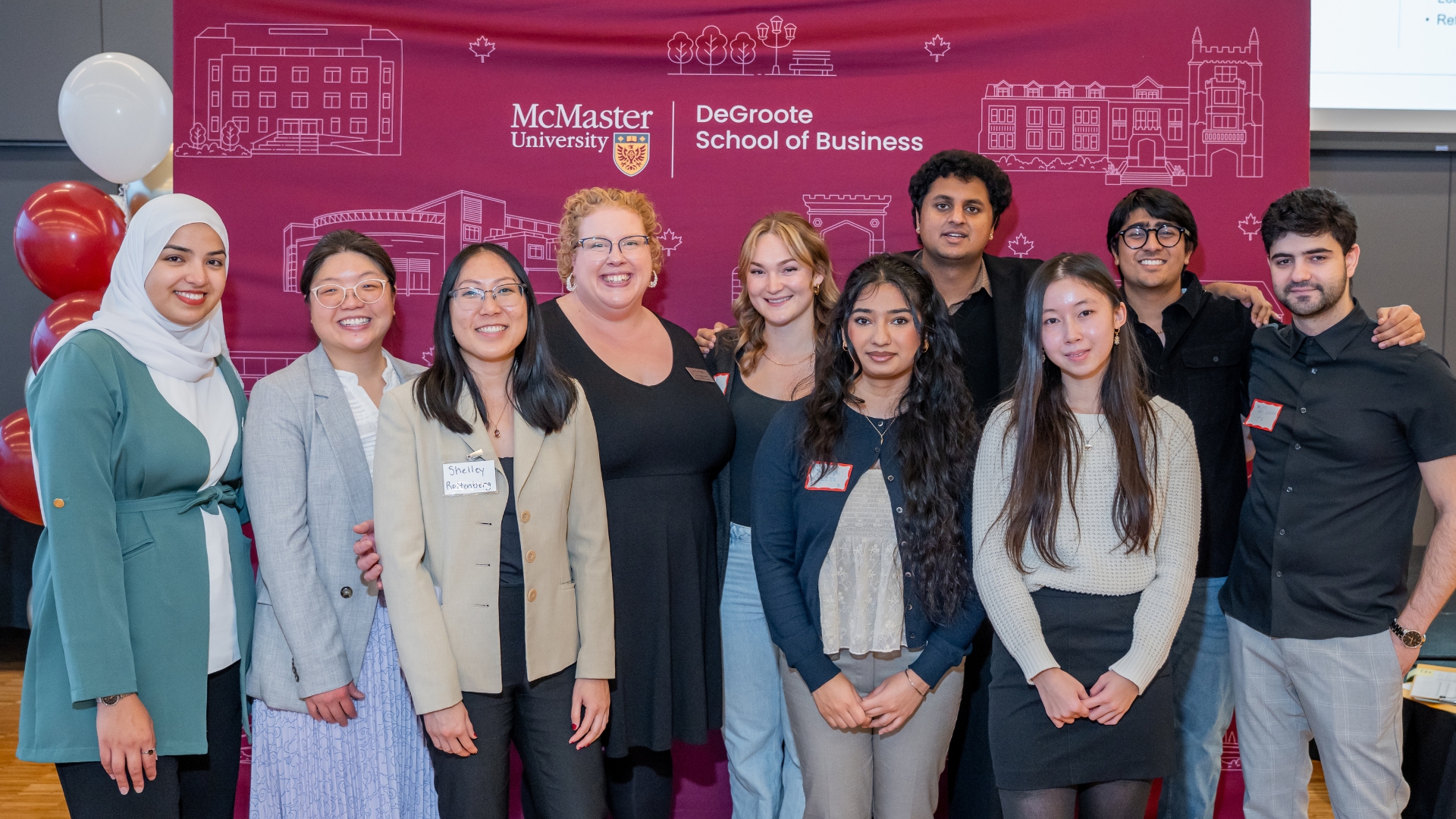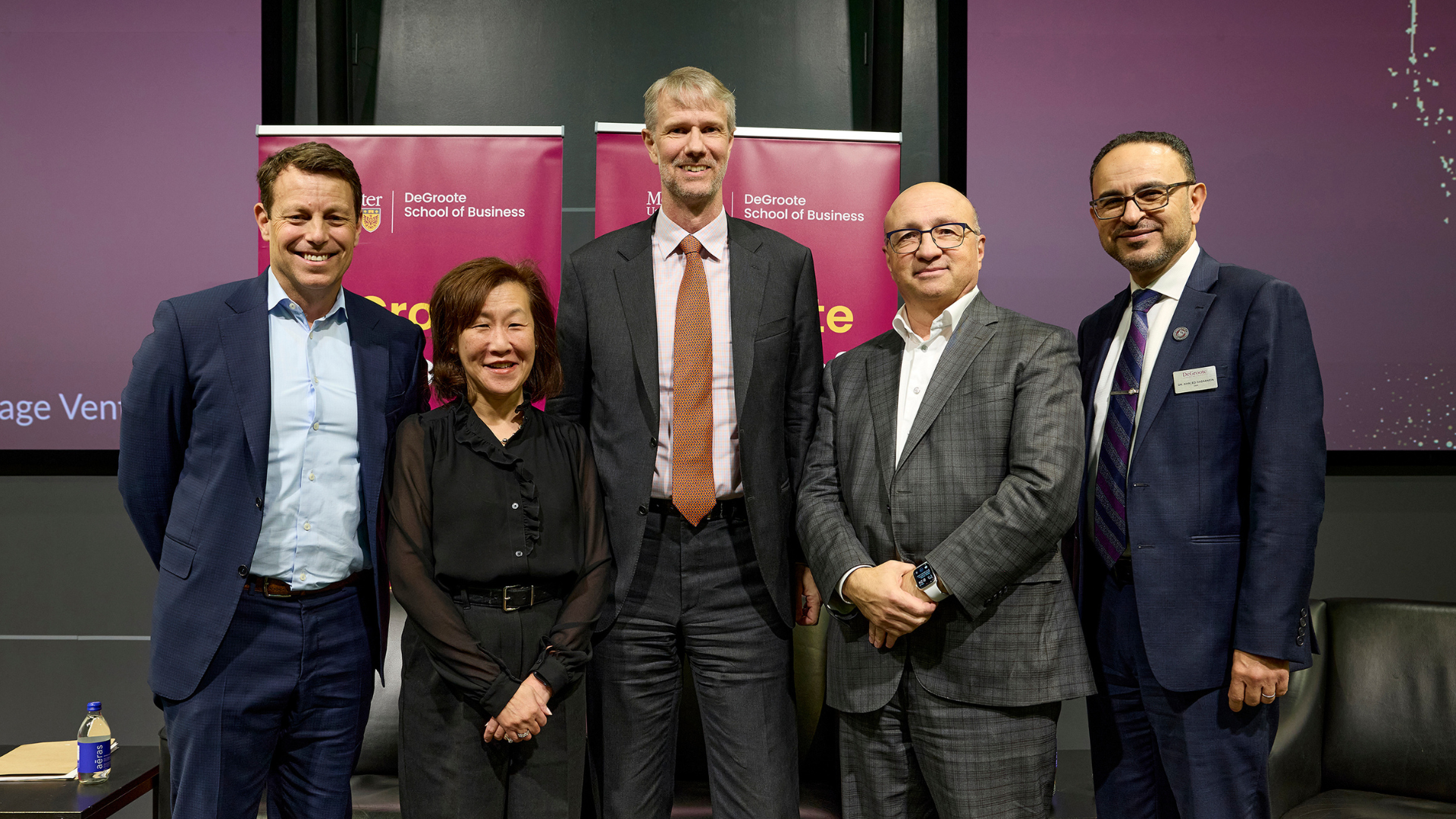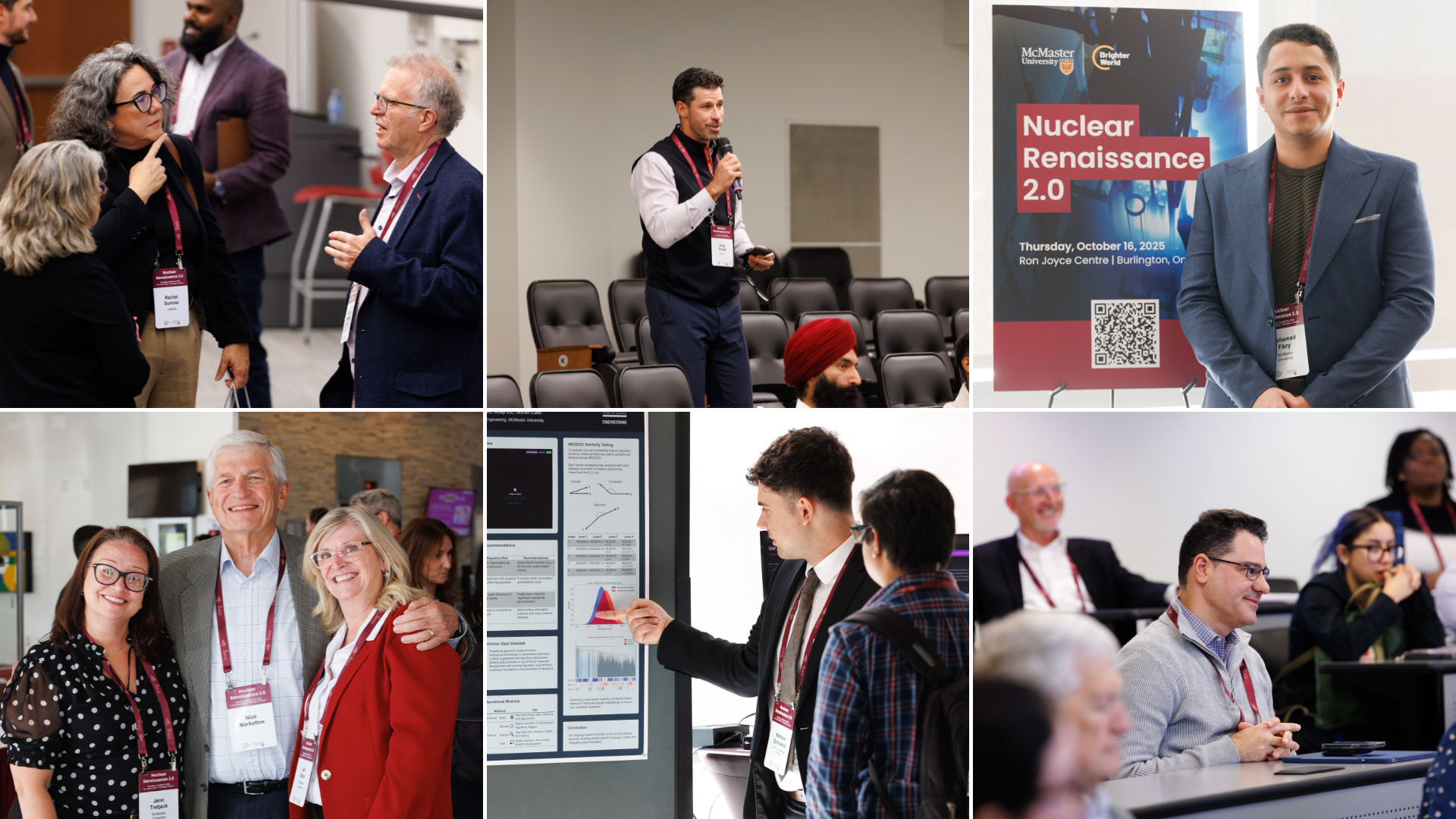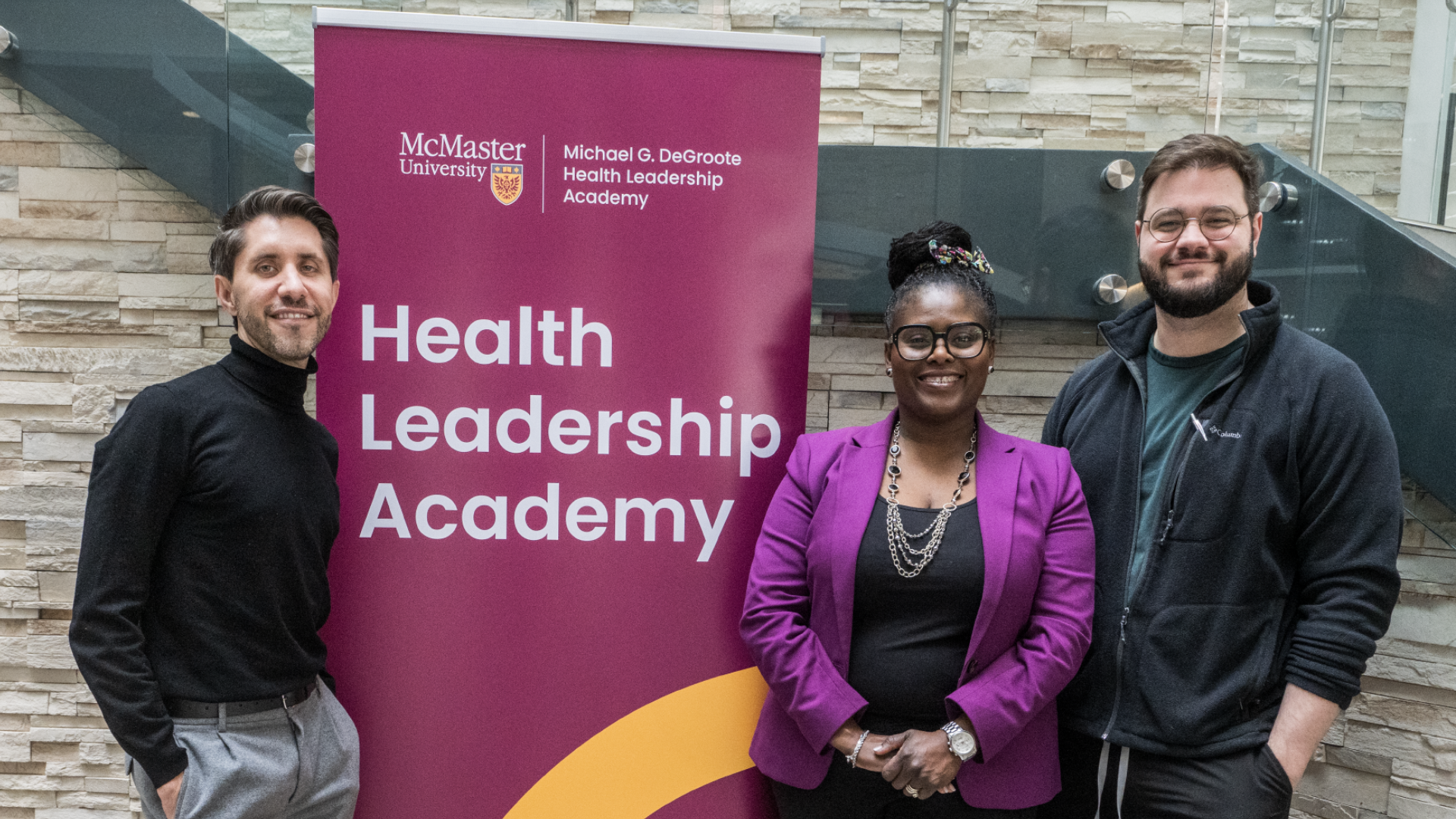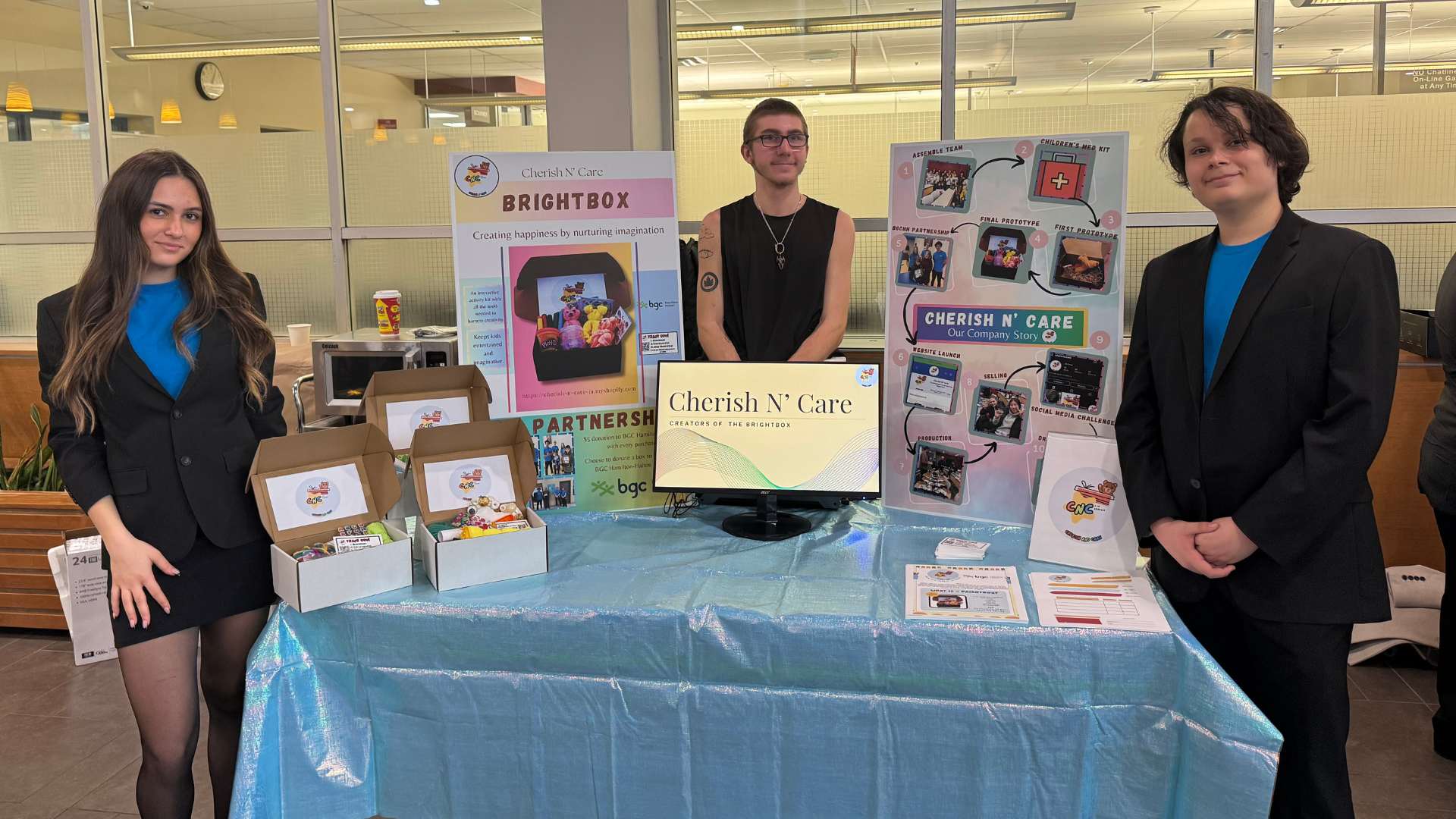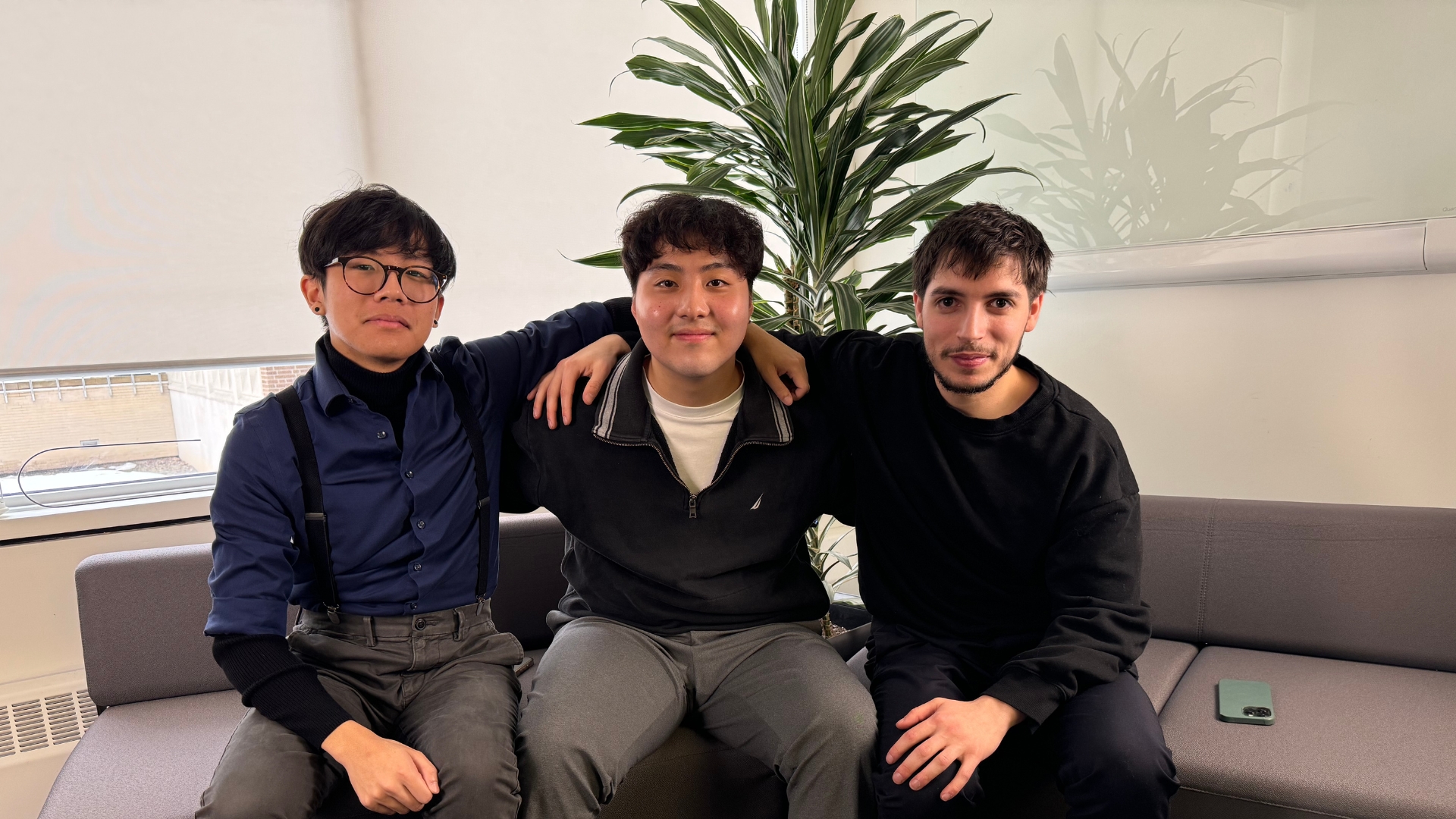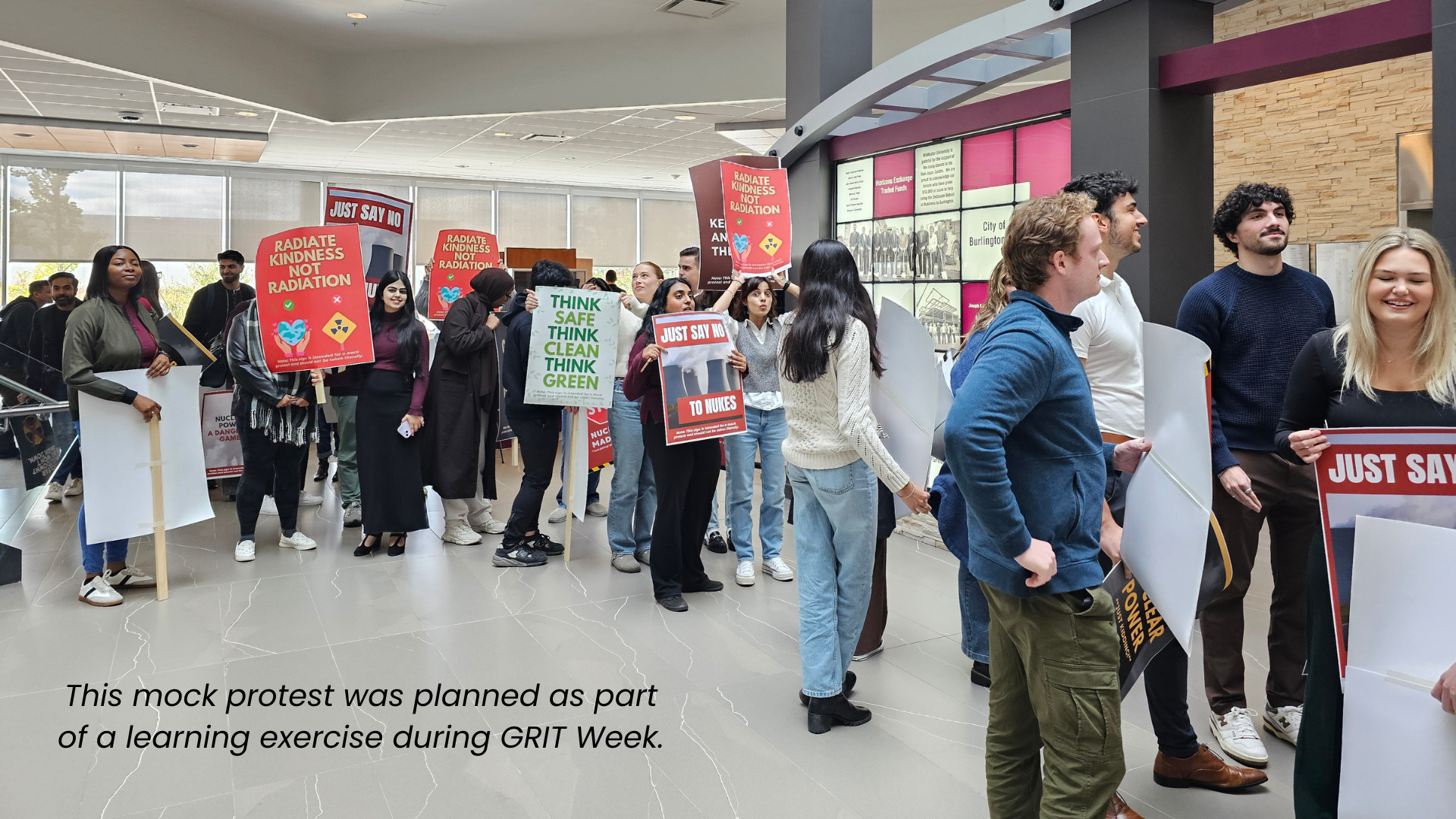HEALTH POLICY AND MANAGEMENT SOCIETAL IMPACT STRATEGIC PLAN | INCLUSIVE EXCELLENCE
DeGroote launches new microcredential in equity-based co-creation
October 29, 2025 ·
Contributed by: DeGroote School of Business
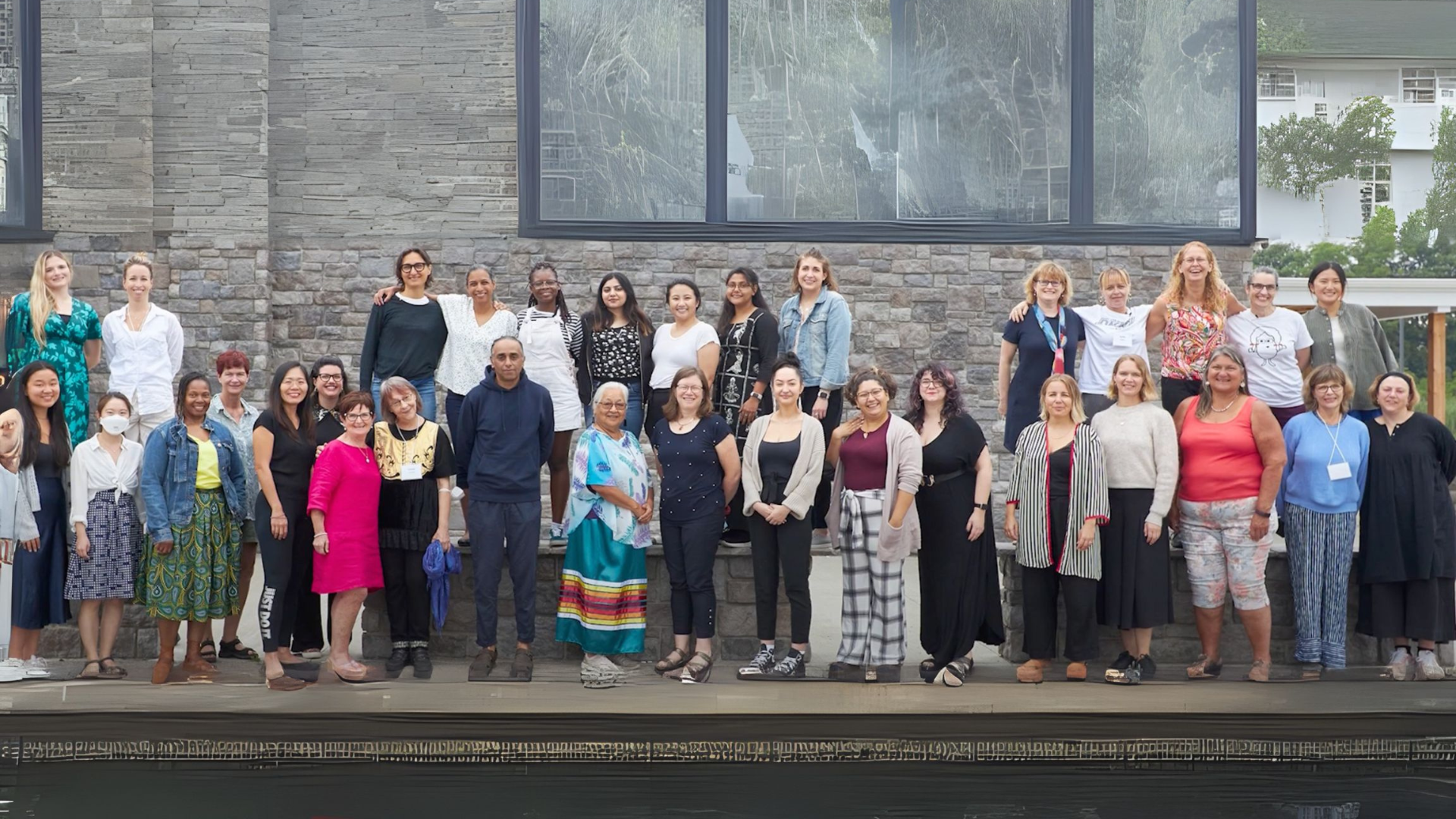
The DeGroote School of Business at McMaster University, in partnership with the McMaster Equity-Based Co-Creation Hub, is pleased to announce the launch of a suite of non-academic microcredentials designed to address critical training gaps in co-design to promote inclusivity across health and social system service planning, policy and research.
Developed through interdisciplinary collaboration and informed by over 40 sectoral advisors and experts with lived or living experience, these microcredentials respond to a growing demand from funders, health and social system leaders, community advocates and service providers for practical tools and frameworks grounded in Equity-Based Co-Creation (EqCC). As recognized by Health Standards Association and Accreditation Canada (2023), authentic partnerships with equity-deserving communities are essential to delivering high-quality, effective public services.
Addressing evident sectoral gaps
“We have witnessed a growing demand for evidence-informed, practical training to support efforts towards equity-focused innovation in a wide range of health and social service sectors,” says Sandra Moll, co-director of the McMaster Equity-Based Co-Creation Hub and professor in the School of Rehabilitation Science.
“These microcredentials uniquely elevate the collective expertise of service providers, service users, trainees and system leaders—strengthening system capacity where it matters most.”
Microcredential suite overview
The Equity-based Co-Creation Microcredential series begins with a foundational Ambassador course introducing key principles and practices of equity-based co-creation, followed by a choice of two streams.
These microcredentials are designed to be flexible, accessible, interactive and immediately relevant for organizational and systems-level application. The curriculum is grounded in evidence-based modules covering core principles such as design thinking, critical allyship and operationalizing inclusivity. Participants earn digital badges that provide verifiable recognition of skills and competencies aligned with sector needs and organizational priorities.
Foundational EqCC Ambassador Course
Foundational knowledge and skills to advocate for meaningful co-creation with equity-deserving communities.
- Audience: Public, private and/or not-for-profit service providers, people with lived/living experience, students, researchers, community leaders and decision makers seeking foundational knowledge and skills in equity-based co-creation.
- Format: Fully online, asynchronous; approx. 3-4 hours.
- Evaluation: Knowledge checkpoints and a personal action plan focused on positionality, worldviews and strategies for allyship.
- Tuition: $250*
- Launch: Fall 2025
Two streams to choose from:
EqCC Coach
For participants seeking deeper leadership or facilitation skills.
- Audience: Current and aspiring practitioners, community advocates and leaders intending to facilitate co-design or collaborative service innovation initiatives.
- Format: Nine-week blended course (self-paced modules, online discussion boards and synchronous group work).
- Evaluation: Structured discussions, group project and reflective action planning.
- Tuition: $750*
- Launch: Winter 2026
EqCC Experience Advisor
For those looking to develop skills in advancing a lived/living experience perspective in co-creation.
- Audience: Individuals with lived/living experience of system inequities, including caregivers and patient partners.
- Format: Nine-week blended course (self-paced modules, online discussion boards and synchronous group work).
- Evaluation: Interactive group projects and a practical action plan for change leadership.
- Tuition: $500*
- Launch: Fall 2026
*Bursary options may be available.
A collaborative approach
The EqCC microcredentials reflect DeGroote’s broader commitment to community engagement.
“System transformation requires shared learning, authentic engagement and mutual accountability between service organizations and communities,” says Khaled Hassanein, dean of the DeGroote School of Business. “At DeGroote, our commitment to community engagement is reflected across our academic programs, co-curricular offerings and in the design of the new McLean Centre for Collaborative Discovery, which will bring classroom and community together to explore ideas and co-create solutions to complex challenges.”
Gillian Mulvale, co-director of the McMaster Equity-Based Co-Creation Hub, professor of Health Policy and Management, and faculty lead for DeGroote’s Design and Innovation Hub, adds:
“This initiative would not have been possible without ongoing consultation and partnership with a wide range of community organizations and service users. We have built each course to match the realities and aspirations of today’s sector leaders.”
About EqCC
Equity-based Co-Creation (EqCC) is a creative, collaborative approach that centers social justice and lived experience through engaging relevant interest holders (e.g. people with lived/living experience, family/caregivers, service providers and policy makers) to inspire new ways of thinking and relating in the design, delivery, leadership, implementation and evaluation of services, products and public policies. An equity-based co-creation approach can be used to tackle ‘wicked’ problems related to structural inequities and foster inclusive, equity-driven systems change.
Learn more
The first cohort of the EqCC Ambassador microcredential launched in October 2025, with the Coach and Experience Advisor courses to follow. Graduates will receive digital certification providing official recognition of competencies and learning outcomes.
For more information or to express interest in group registration, contact codesign@mcmaster.ca or visit the McMaster Equity-Based Co-Creation Hub website.
These microcredentials are supported by the Ontario Ministry of Colleges and Universities and represent a model of innovative, community-driven personal and professional development for the health, social services, government, academic, not-for-profit and business sectors.

